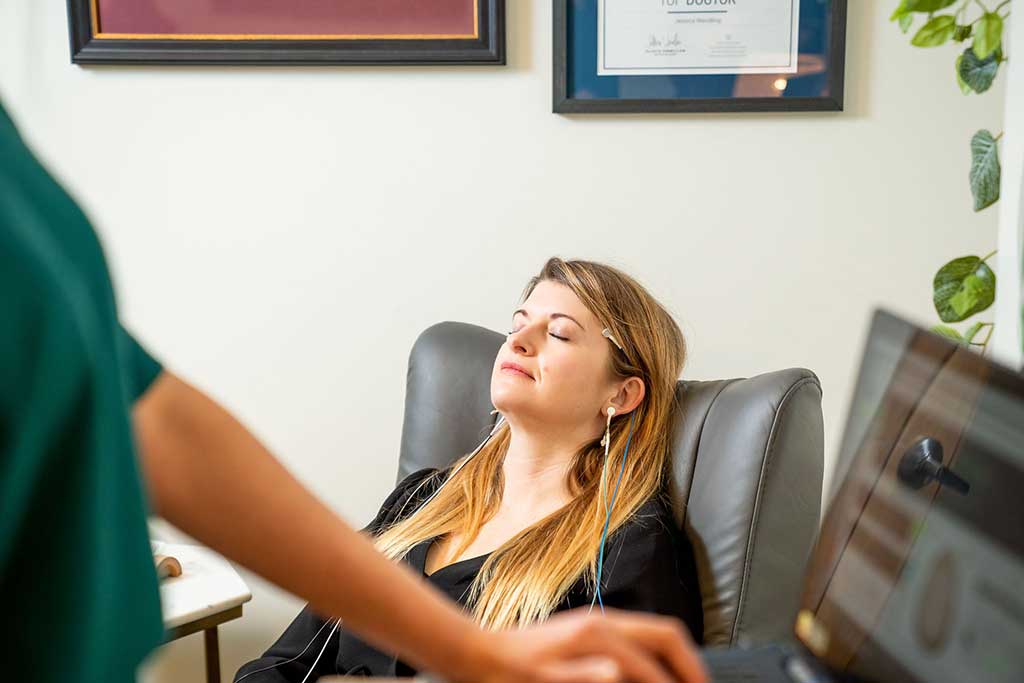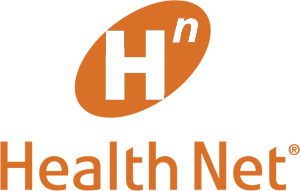
Neuro Feedback is a type of noninvasive therapy that helps clients to alter the way their brain responds to certain types of stimuli. This form of therapy measures a client’s brainwaves, giving them real-time feedback on how their brain functions. This type of therapy, like other types of biofeedback, seeks to help clients gain control over body functions that may typically be involuntary, like heart rate and brain waves.
Throughout treatment, clients learn how to recognize when their brain is in a certain state, like relaxation, and then determine how to recreate that state or avoid states like agitation or anxiety throughout their daily lives. Neurofeedback works best after prolonged treatment, and results are not immediate, though they can be substantial after properly ‘training’ the brain. Neurotherapy is a safe form of therapy with no associated risks and can greatly improve the lives of those who take the practice seriously and work to learn their brain’s cues.
During individual and group therapy sessions, clients will interact with licensed and trained counselors to work through underlying issues that may be contributing to their drug or alcohol addiction.
Cognitive Behavioral Therapy (also known as CBT) has been clinically proven to help clients with a wide range of problems, including substance abuse.
Dialectical Behavioral Therapy (or DBT) is another common form of talk therapy that is found in many substance abuse treatment programs.
During trauma-informed therapy sessions, clients are able to talk with a specialist who accounts for their past trauma and the way it may have affected their thinking, behavior, and ability to interact with treatment.
Brainspotting is a type of alternative therapy that utilizes spots in a person's field of vision in order to help them process trauma.
Neuro Feedback is a type of noninvasive therapy that helps clients to alter the way their brain responds to certain types of stimuli.
Family counseling is one of the best ways to reconnect with family members who are affected by addiction and mend the relationship between a client and their family.
EMDR, or Eye Movement Desensitization and Reprocessing, is a therapeutic treatment designed to help clients process trauma.
Dayatra L.
Melissa B.
Bruce G.
Have questions about how our alumni program works? Let's talk.











© 2024 First Steps Recovery | Privacy Policy | All Rights Reserved.

Have questions about First Steps Recovery? We're here to help.
© Copyright 2023 • First Steps Recovery • All Rights Reserved